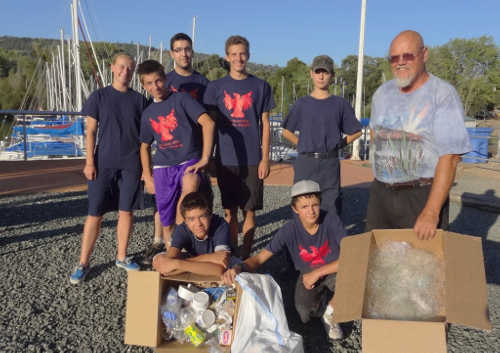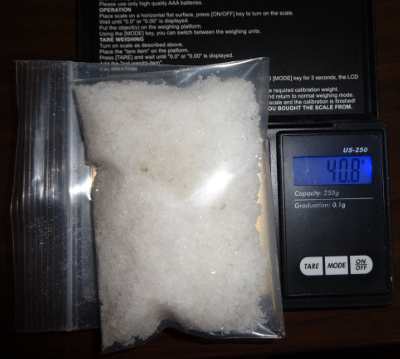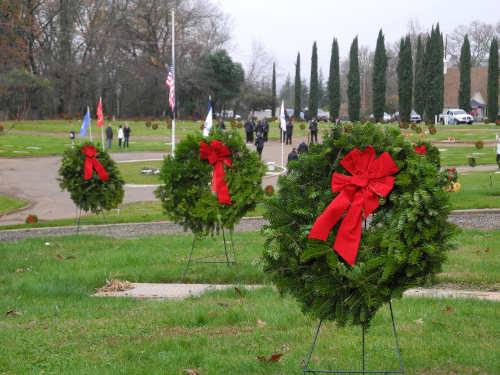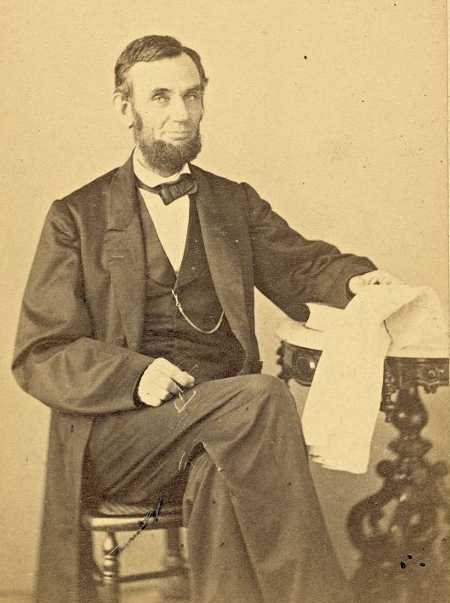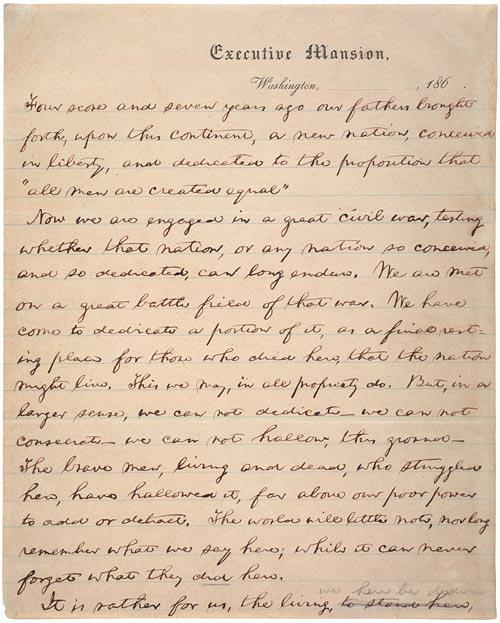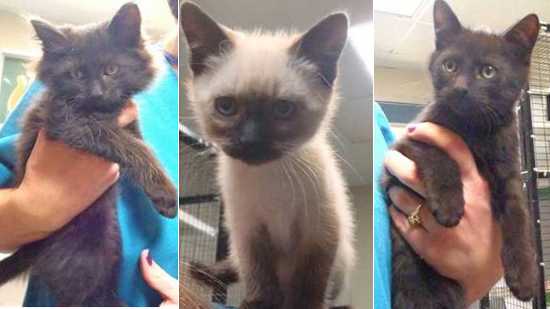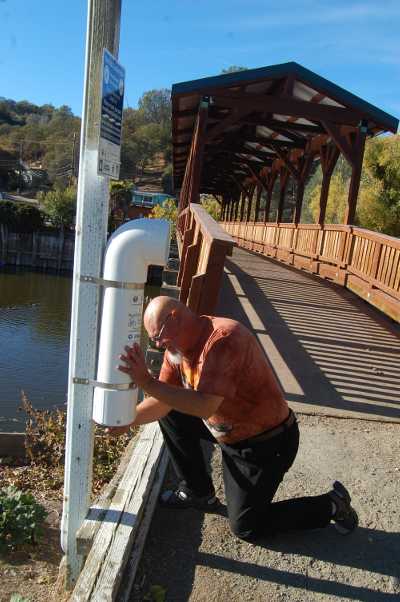
LAKE COUNTY, Calif. – Snagged fishing lines, a temporary inconvenience for Clear Lake anglers, can be a monstrous problem for the 8,000 or so Western and Clark's grebes that annually migrate to the lake.
That's why the Redbud Chapter of the Audubon Society in Lake County has initiated a program of placing fishing line recycle stations at various spots around the lake.
The stations are receptacles that serve the singular and critical purpose of keeping discarded fishing line out of the lake.
So far, Robert Patton, who operates the program – including making the box-like receptacles for Redbud Audubon – has placed 17 of them.
“I can build anything, although I don't do it anymore because I'm retired,” said Patton, a former mechanical design engineer and lifelong conservationist.
“I'll do anything that I feel will serve the world as a whole,” he said. “I don't think politics is the way to do it; I think action is the way. When I see something that needs to be done in my opinion I'm going to do it.”
Patton maintains the stations on the eastern side of the lake. The Lake County Sea Scouts maintain the western side.
Patton and the Sea Scouts follow a regular routine of removing the fishing line discarded in them.
The empty bottles and other disposables occasionally found in the boxes Patton regards as a minor nuisance. Obviously some visitors to the lake don't take heed of the “No trash please” signs posted at each receptacle.
“We have a lot of people who are enthusiastic about maintaining habitat for wildlife and we want to train all the kids and people who fish and throw their (snagged) lines into the lake not to do that,” said Patton.
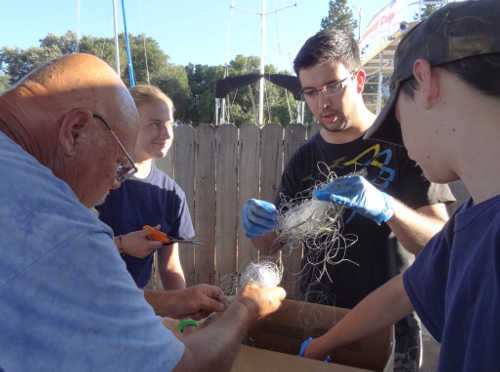
To date Redbud Audubon has invested about $2,000 in the program and Patton does not give the county high marks in adhering to it.
“We're way behind much of the state,” he asserted.
At first blush it would seem that discarding a piece of line into a lake is no big deal. But seeing a waterfowl with a wad of line intractably attached to its back will disabuse anyone of that notion.
Fortunately, a nationwide public information recycling campaign launched by the Berkley Conservation Institute in Spirit Lake, Iowa with the help of anglers everywhere, has reduced the threat to waterfowl.
In California, the Coastal Commission administers the program and has been putting the fishing line recycle boxes up and down the coast for nearly a decade.
Since 1990, the Berkley Conservation Institute has recycled more than nine million miles worth of fishing line. Without such a program, consider what might have happened with all that line.
Patton has seen the consequence of cast-off fishing line firsthand. His business card has a photo he shot of a grebe with a tangled mass of line on its back.
“We have no way of knowing what happens to these birds,” he said. “But it happens regularly that birds get caught up in fishing line. In the last two years I've heard at least five different stories about finding grebes exhausted on the shore. Why should we be killing off our wildlife? We don't have enough wildlife as it is.”
Even with the positive effects of Berkley's nationwide program, Patton said the threat of waterfowl getting snarled in fishing line remains at a high level.
“We need to get the word out fast to people,” he said. “I would like to mount a national campaign to get people to be more conscientious about this thing because it's (still) happening all over the United States. It's happening in Maine, in Florida and in Great Lakes region.
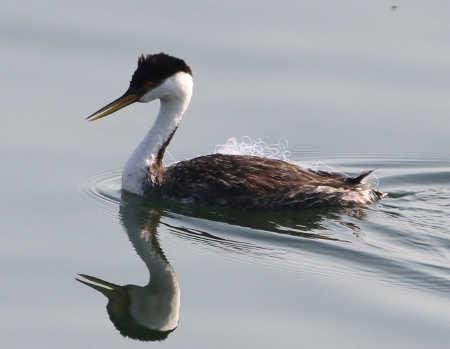
“It's not all people, just some. There are people who are mean and crazy or just stupid. It all ends up being the same thing. Some people just don't care.
“But,” he added, “a lot of people do care.”
He said the group that supports Clarks Island in Clearlake Oaks called him and asked that he install a line recycling station there.
Patton hopes to get government approval to put the stations in public domain.
“But we're not going to put one in everybody's backyard,” he said. “Audubon pays more than $100 for each of these boxes.”
Redbud Audubon conducts other programs to protect the grebes, says chapter President Marilyn Waits.
“We're arranging to have interpretive panels stationed in private parks around the lake – educational signs that show the behavior of the grebes and explain why it's important for boats and water skiers and jet skiers to stay away from the colonies during the time the grebes are nesting and having babies,” she said.
The signs will be permanently installed near boat ramps at Clear Lake State Park, Lakeside County Park, Lucerne Harbor Park, Library Park in Lakeport and Redbud Park in Clearlake in the next few months, Waits said.
“What we're trying to do is minimize any kind of human disturbance,” said Waits. “A lot of people don't realize it's a danger to birds in terms of being able to produce young if there are large boat wakes or some sort of close disturbance.”
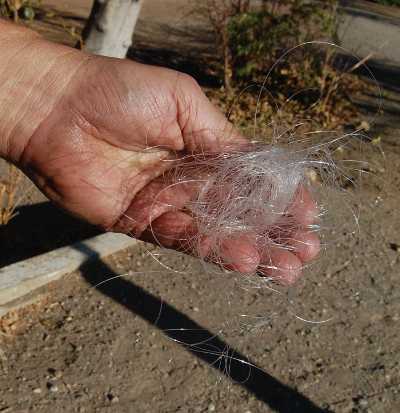
Grebes are not on the list of endangered species, she said. The designation for them in California is “species of special concern.”
“The reason we have been doing these special projects to help the grebes in breeding time is that many years ago there were two oil spills on the coast,” Waits explained. “These are birds that spend the winter on the coast and then come inland to winter on the lakes for breeding during the summer.”
Scientists monitor the grebes with respect to how many adults come to breed at Clear Lake during winter, the number of nests and how many young are produced. Monitoring also is conducted at Lake Amador in the Sierra foothills and Thermalito Afterbay near Oroville.
Redbud Audubon holds regular monthly meetings in which guest speakers address various topics of nature education and it conducts field trips each month from September through May.
Its major annual event is the Heron Days festival during which there are boat tours to view tree top nests of herons and egrets. The 2014 festival is scheduled for Saturday, May 3, and Sunday, May 4.
Anyone interested in becoming a member of the Redbud Audubon Society or learning more about it can attend its monthly meetings or log into its Web site at www.redbudaudubon.org .
Email John Lindblom at This email address is being protected from spambots. You need JavaScript enabled to view it. .
